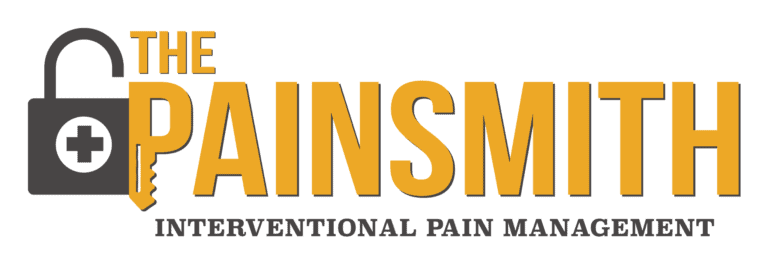If you are experiencing pain, tingling, numbness or weakness, you might be dealing with a pinched nerve in your neck or back. A pinched nerve can be extremely painful and may prevent you from carrying out your daily activities. The good news is, in many cases, the pinched nerve will resolve on its own. But, in some cases, medical intervention may be necessary. In this blog post, Dr. Smith discusses the signs of a pinched nerve, whether it can heal on its own, and when you should consider seeking professional help.
How do you know if you have a pinched nerve?
Nerves are the pathway for sensation communication between the brain and the rest of the body. A pinched nerve is “compressed” when it has too much pressure applied to it by the tissues that surround it. This pressure prevents the nerve from sending signals properly, which can cause pain, tingling, numbness, and weakness. Pinched nerves commonly occur from intruding bone or cartilage, for example, from a herniated spinal disk, or it could come from muscle or tendons, such as in carpal tunnel syndrome. The most common places you will experience a pinched nerve is in your neck and shoulder, back and upper chest, arm and elbow, and your wrist and hand. Although there is some overlap in symptoms between pinched nerves and other issues such as muscle strains, pinched nerve pain will typically be sharp and will radiate outwards.

How does a pinched nerve happen?
There is a wide variety of possible causes (and risk factors) for pinched nerves. Inflammation, (like that from rheumatoid arthritis) may lead to swelling that can put pressure on nearby nerves. Physical trauma (such as an acute injury) to the area can impact the bones, cartilage, and soft tissue around a nerve. Repetitive motions, such as typing on a keyboard, can cause stress in your wrist and hand. This may lead to carpal tunnel syndrome (inflamed tendons that put pressure on the median nerve in your arm). And unfortunately, plain old aging can cause “wear and tear” on your joints, discs, and muscles that can lead to a pinched nerve.
Can a pinched nerve heal on its own?
In some cases, a pinched nerve will resolve on its own. Minor pinched nerves can often be treated with rest, OTC medications, activity modification, and/or immobilization with a splint or collar. Over time, the inflammation and pressure around the pinched nerve may subside, leading to relief of your symptoms.
However, chronic or severe cases of a pinched nerve may not improve without treatment. Pinched nerves caused by herniated discs or acute injury may not respond to at-home treatments. If left untreated, a pinched nerve can result in serious complications, such as peripheral neuropathy (nerve damage) or chronic conditions such as carpal tunnel syndrome.
How do I prevent a pinched nerve?
Although a pinched nerve may be inevitable, making some lifestyle modifications can reduce the likelihood and severity of the experience. Maintaining a regular exercise routine, managing your weight, using good posture, and limiting repetitive motions are a few simple things that can make a big difference.
Exercise can strengthen the muscles that support your spine, which can reduce the likelihood of developing pinched nerves. Maintaining or getting to a healthy weight is important, because overweight individuals have a higher risk of developing nerve compression due to excess weight pressing on the spine and joints.
Having good posture, whether you are sitting or standing, can reduce pressure on the nerves in your neck and lower back.
Limiting and taking breaks from repetitive motions (such as typing), using wrist rests or an ergonomic keyboard can help reduce the risk of nerve pain from carpal tunnel syndrome.
When to seek professional help for a pinched nerve
While it’s true that some pinched nerves may resolve on their own, severe or persistent nerve pain is a serious issue. Ignoring a pinched nerve can lead to long-term complications and possibly, chronic pain. If your pinched nerves are affecting your quality of life, it may be time to see a medical professional.
Your medical provider may recommend physical therapy, medication, cortisone injections, or a combination of treatments to manage your nerve pain. If a herniated disc is causing the pinched nerve, surgical intervention may be required. The goal is to identify the cause of the pinched nerve, reduce the pain and discomfort, and prevent further damage.
If you have back pain, joint pain, neck pain, or any other type of pain, give us a call or you can request a consultation and we’ll discuss your options.
